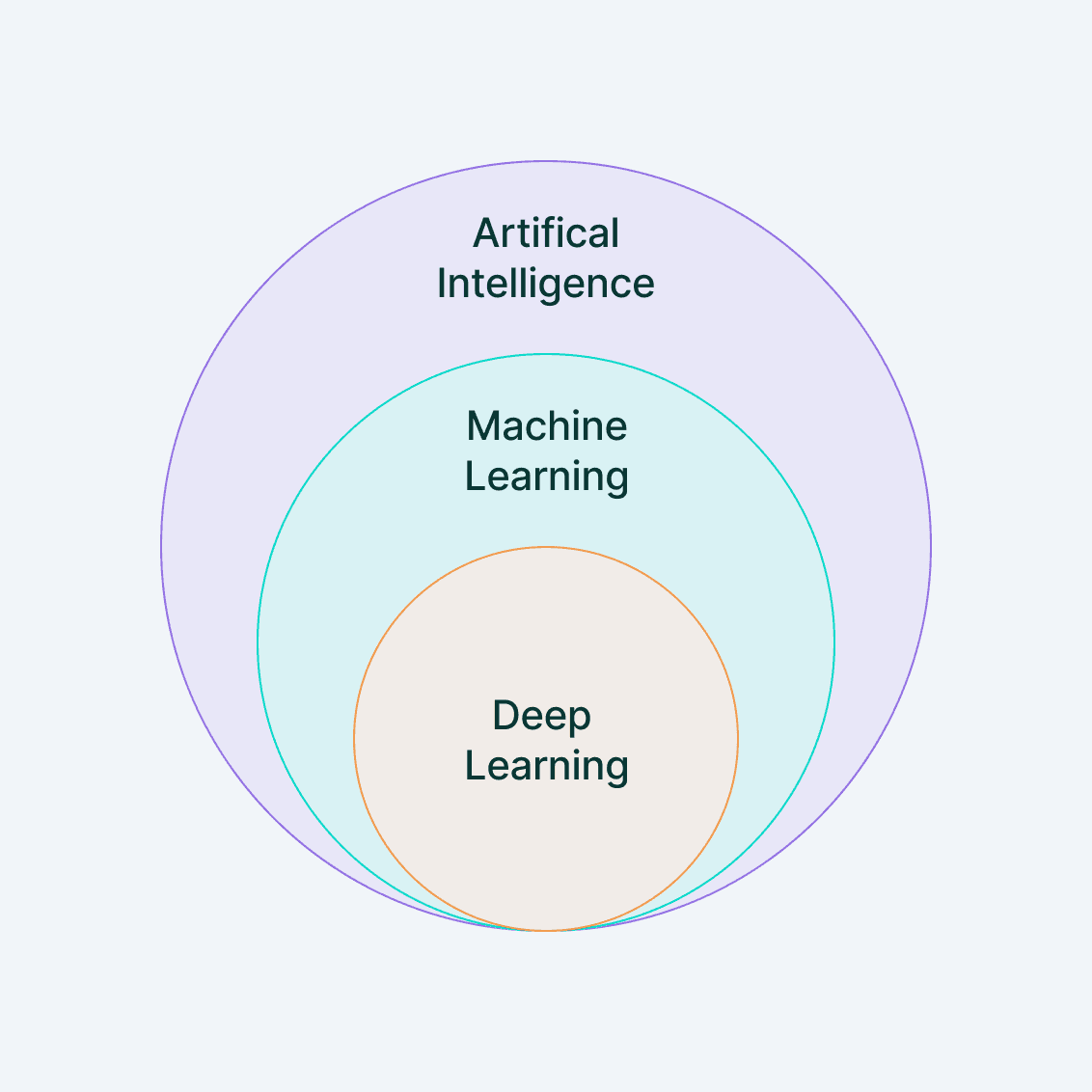Darsazma News Hub
Your go-to source for the latest news and insightful information.
Machine Learning: The Wizardry Behind Today's Tech Magic
Discover the enchanting world of machine learning and unlock the secrets behind today's tech magic. Dive into the future now!
Understanding the Basics of Machine Learning: A Beginner's Guide
Machine Learning is a subset of artificial intelligence that enables systems to learn from data and improve their performance over time without being explicitly programmed. Essentially, it focuses on the development of algorithms that can help machines recognize patterns and make decisions based on input data. At its core, machine learning involves three main types: supervised learning, unsupervised learning, and reinforcement learning. Each of these types caters to different kinds of problems and requires specific types of data for training models.
For beginners looking to dive into machine learning, it's crucial to grasp the fundamental concepts. Here's a brief overview of what you need to know:
- Data: The foundation of any machine learning project; good quality data leads to better models.
- Algorithms: The procedures used to analyze data and deliver results.
- Model Evaluation: Techniques to measure how well your model performs.
Understanding these essentials will pave the way for more advanced topics in machine learning and help you on your journey to becoming proficient in this exciting field.

How Machine Learning Powers Everyday Technology: From Smartphones to Smart Homes
Machine learning has become a cornerstone of modern technology, seamlessly integrating into our daily lives. From the moment we wake up to the sound of our smartphone alarm to the time we dim the lights in our smart home, machine learning algorithms enhance our experience. These algorithms are responsible for making our devices smarter and more responsive to our needs, learning our preferences over time. For example, the predictive text feature on our smartphones anticipates what we want to type, streamlining our communication and saving us precious time.
In the realm of smart homes, machine learning powers a host of devices, making our living spaces more efficient and comfortable. Smart thermostats learn our heating and cooling preferences, adjusting settings automatically to optimize energy use. Meanwhile, intelligent security systems utilize machine learning to discern between normal activity and potential threats, increasing the safety of our homes. As machine learning continues to evolve, its integration into everyday technology not only enhances convenience but also improves overall quality of life, making it an essential part of our modern world.
What Makes Machine Learning 'Intelligent'? Exploring Algorithms and Data
Machine Learning (ML) is often described as 'intelligent' because it mimics human cognitive functions, enabling systems to learn from data, make decisions, and improve over time without explicit programming. The core of this capability lies in sophisticated algorithms that can identify patterns and correlations within large datasets. These algorithms can be broadly classified into supervised, unsupervised, and reinforcement learning. For instance, supervised learning utilizes labeled data to train models, while unsupervised learning uncovers hidden structures in unlabeled data.
The intelligence of machine learning also hinges on its ability to adapt and self-correct based on the data it processes. By continuously analyzing incoming information and feedback, machine learning systems can refine their predictions and enhance their performance. This dynamic learning process is what allows ML to excel in various applications, from fraud detection to personalized recommendations. As the algorithms evolve through exposure to more data, they become better at making accurate predictions, thus demonstrating a level of intelligence that is both practical and transformative.